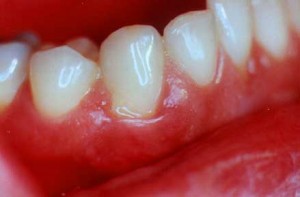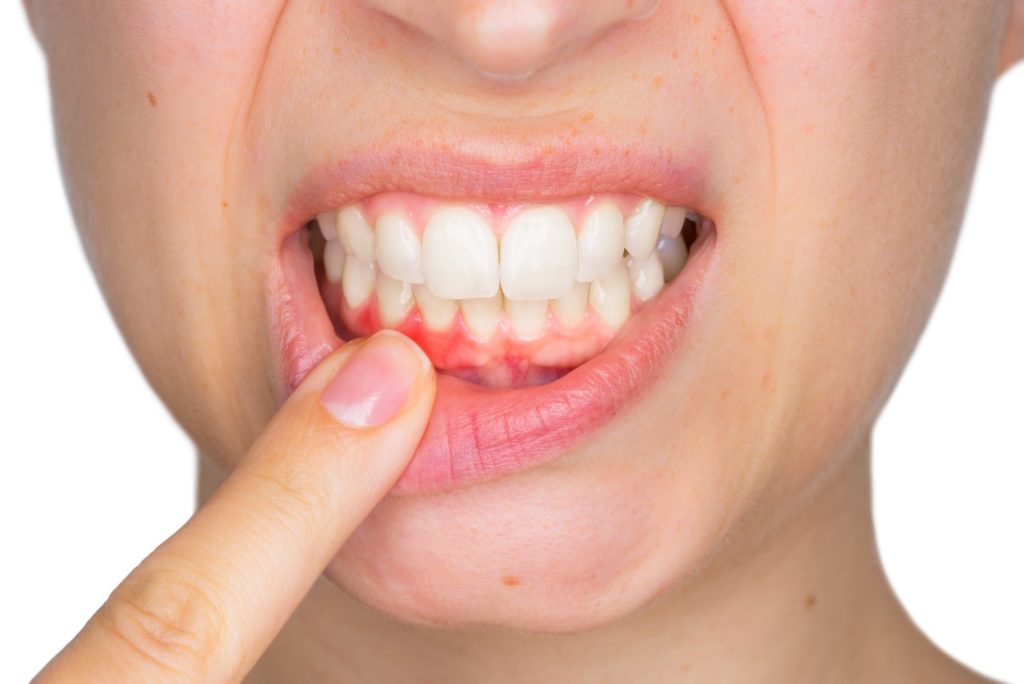

However, there is room to say based on the term "pathological" that the fear is unhealthy for an individual to have, whether it is normal or not. Dental anxieties and phobias present themselves in a wide variety of ways, and specific fears vary from person to person. Every human being has been on a different journey, so "normal" is not a term that can be placed on someone's journey and not another's. These include a family history of anxiety, depression or phobia, obsessive compulsive disorder, or a traumatic experience. It is not known to be caused by a specific factor, but there are several risk factors that have been identified. Actually, to worry is a common cognitive process that, in its non-pathological form, belongs to daily life. But who defines "normal" anyway? In the majority of cases, fears can be traced back to an experience in one's life that has led them to cling to fear as a sort of comfort and escape. Germaphobia is a pathological fear of germs and contamination. Background: Fear of progression (FoP), or fear of cancer recurrence (FCR), is characterized by worries or concerns about negative illness-related future events. Individuals are often kept from facing their fears because they feel abnormal and are paralyzed from moving forward. The individual can then choose to reason and write out why it is illogical to have that fear.

It is possible, in any situation or fear, to identify the underlying problem or misconception. This is by its nature speculative, and not empirical, however, as casadastraphobia is a rather novel description of irrational fear, and has not yet made its way into broader medical discourse.Ones with these types of fears must understand the benefit of overcoming their anxiety and diving in to the root and core issue of their fears. There also seems to be some comorbidity between this phobia and vertigo, suggesting that vertigo might provoke the thinking which then becomes obsessively ruminated on, and thereby traumatizing. Obsessive rumination is not beyond the realm of these disorders, and the two symptoms together can result in potentially traumatic experiences. This means that there is some amount of fantastical thinking involved in the precipitation of this phobia, which points to possible psychosis, as might be observed in schizotypal or schizophrenic thinking (or in bipolar disorder with psychotic features).

But "-astra-" is not a etymological mistake, as many people report that their casadastraphobia is worse while they are viewing a night sky.Ĭasasdastraphobia is, by its nature, a fantasy phobia, or a phobia for which the probability of the event described in the fear happening is zero, or near zero. Dental phobia can not only lead to unsightly teeth. Because fear prevents on average every second German citizen from going to the dentist regularly.

For decades, however, even doctors did not see dental phobia as the serious problem it is recognized as today. " Cas-" is a Latin morpheme meaning "to fall," while " ad" is a Latin preposition meaning "to" or "toward." And most people recognize "-astra-" as the Latin morpheme for "star," and "phobia" as a greek word meaning "fear of." Thus, Casadastraphobia is "a fear of falling toward the stars," which is interpreted in this sense to mean, more broadly, a fear of falling toward the sky. The development is usually psychological. The article has presented a concept of the pathological fear of death as a categorically defined phenomenon and outlined its distinguishing features. It is defined as an irrational or pathological fear of falling into the sky. It is a relatively recently identified fear, having first appeared on on December 11th, 2006, having not previously been recorded or coined anywhere else. Casadastraphobia is the fear of falling into the sky.


 0 kommentar(er)
0 kommentar(er)
